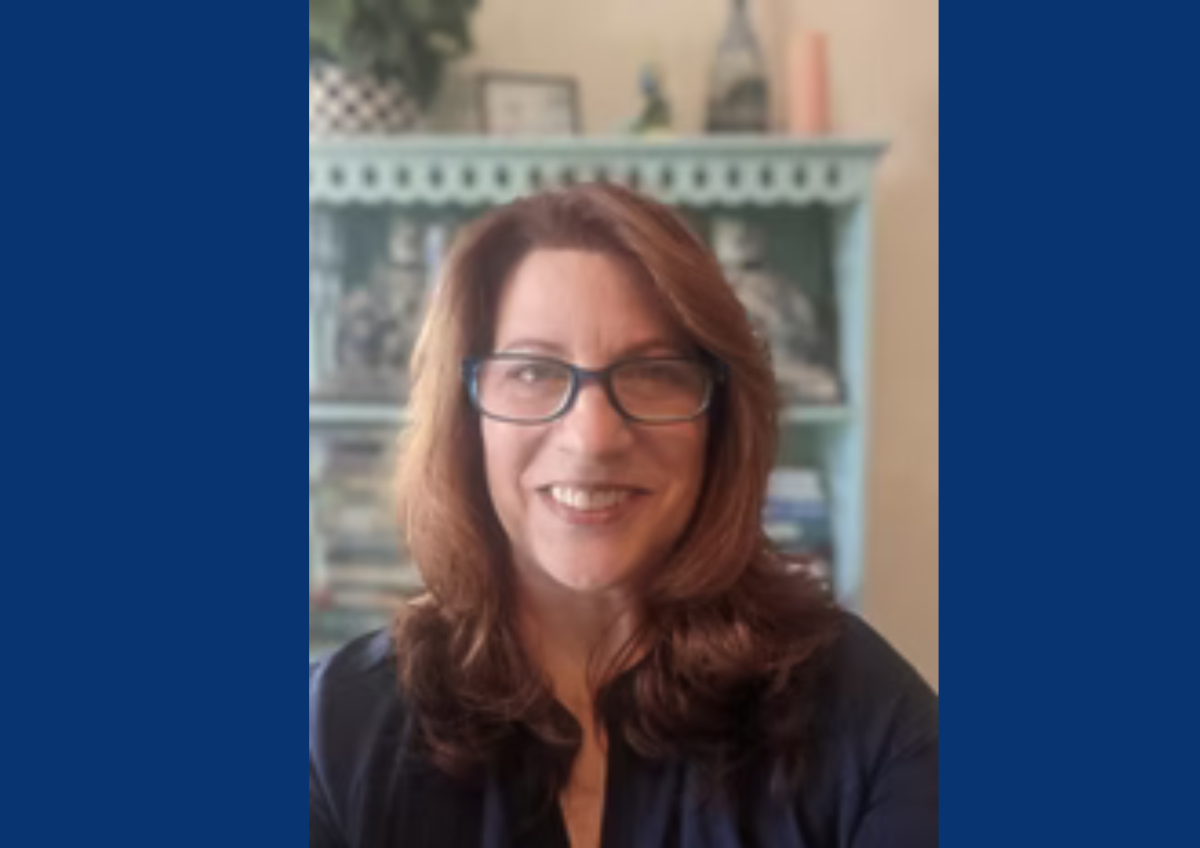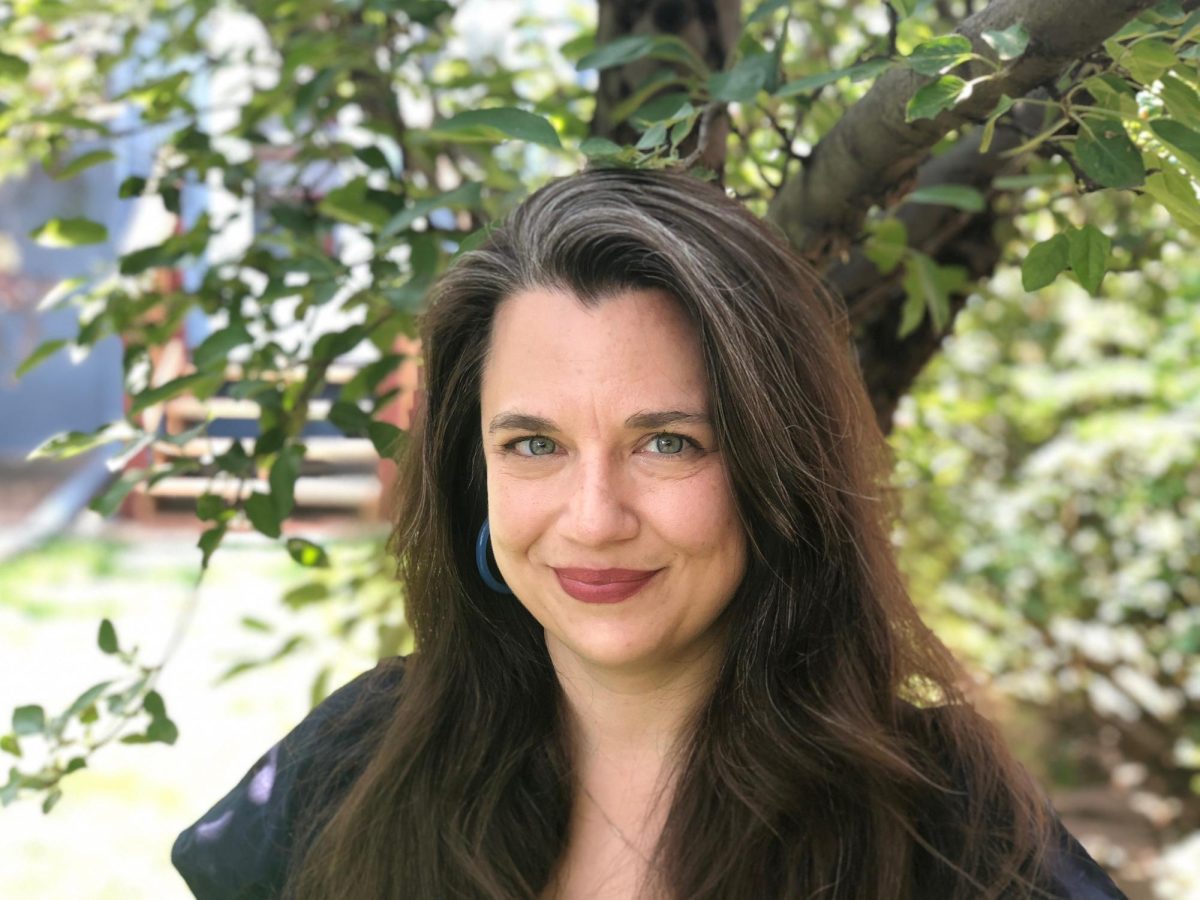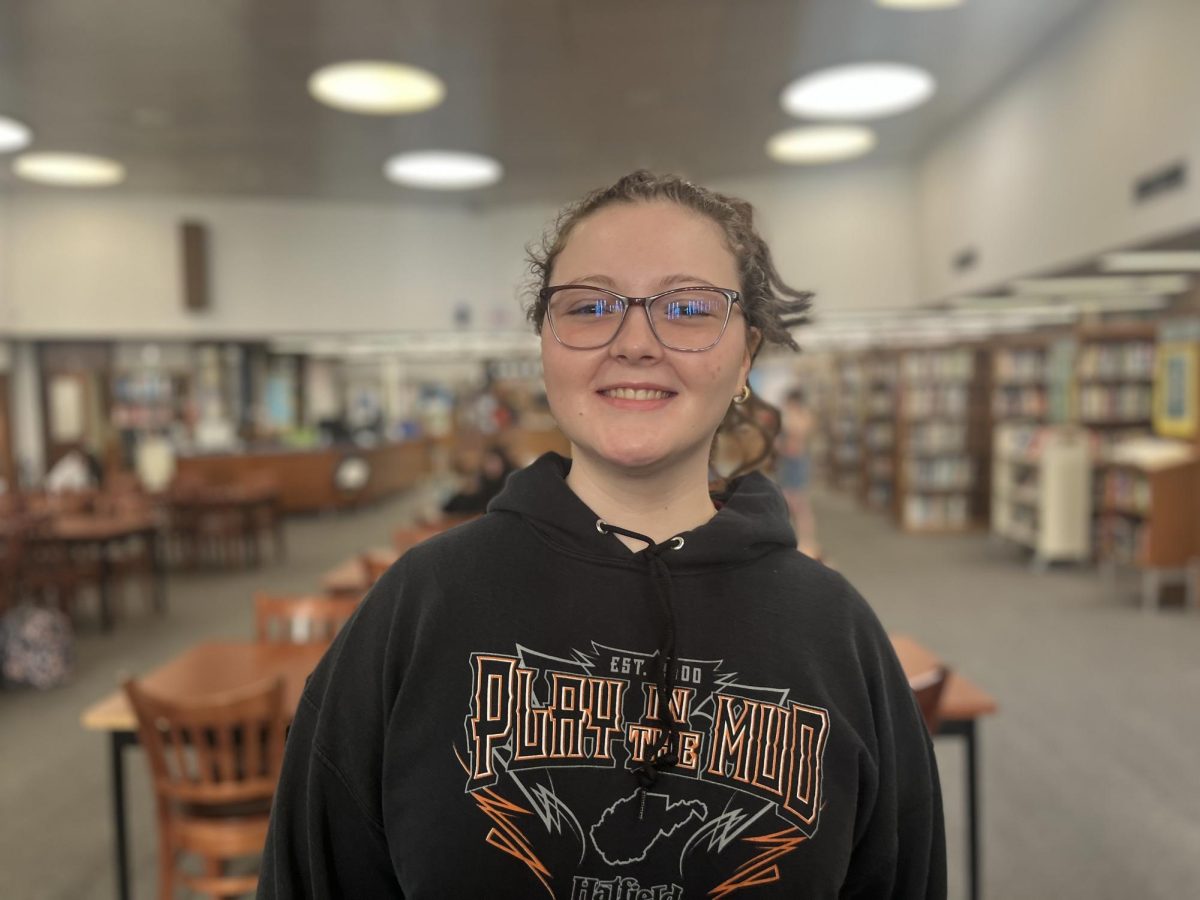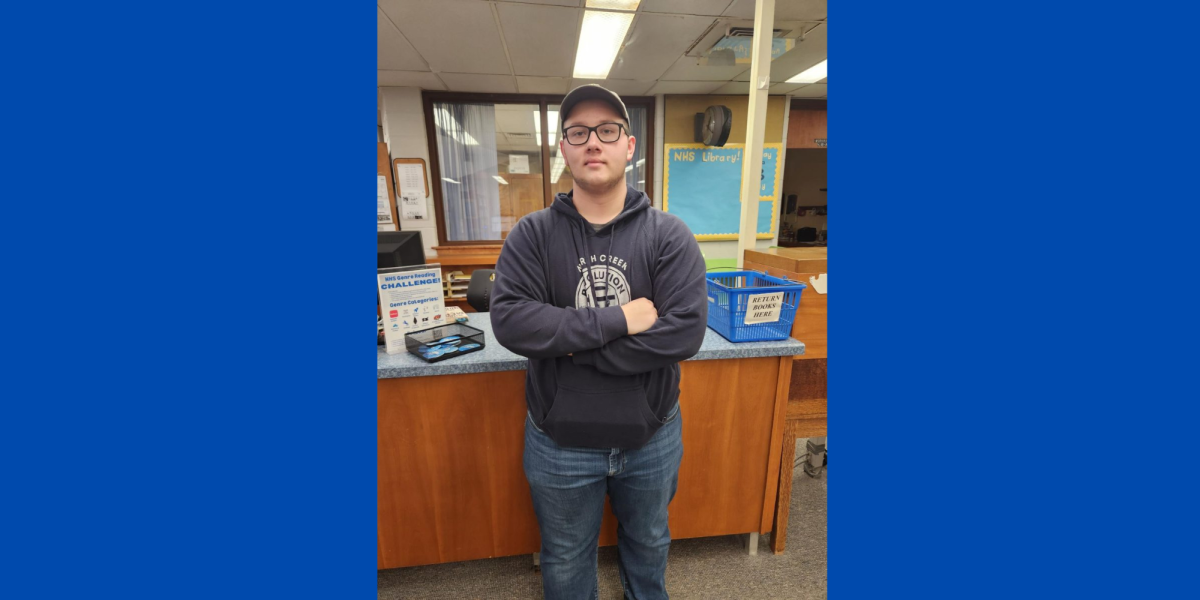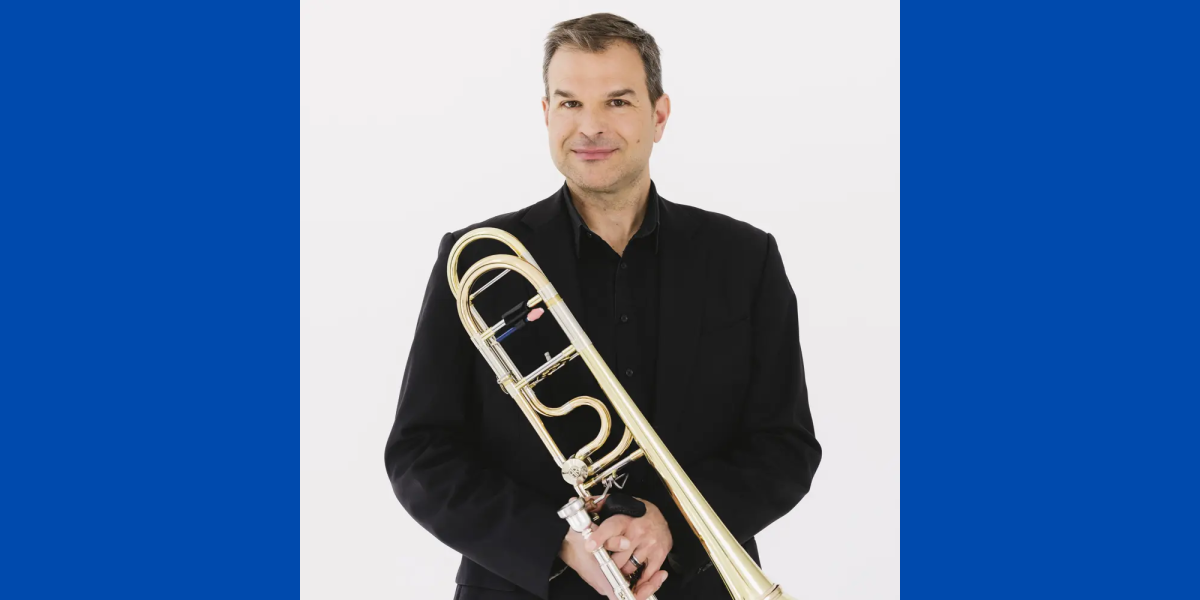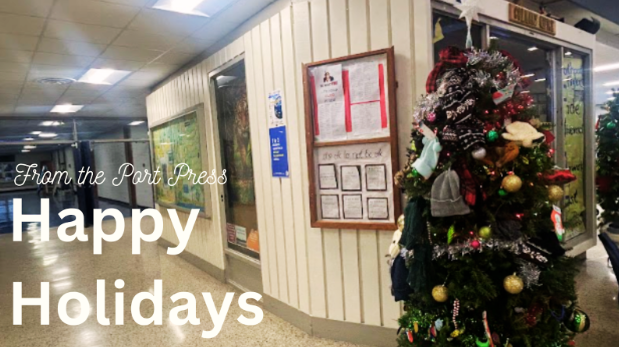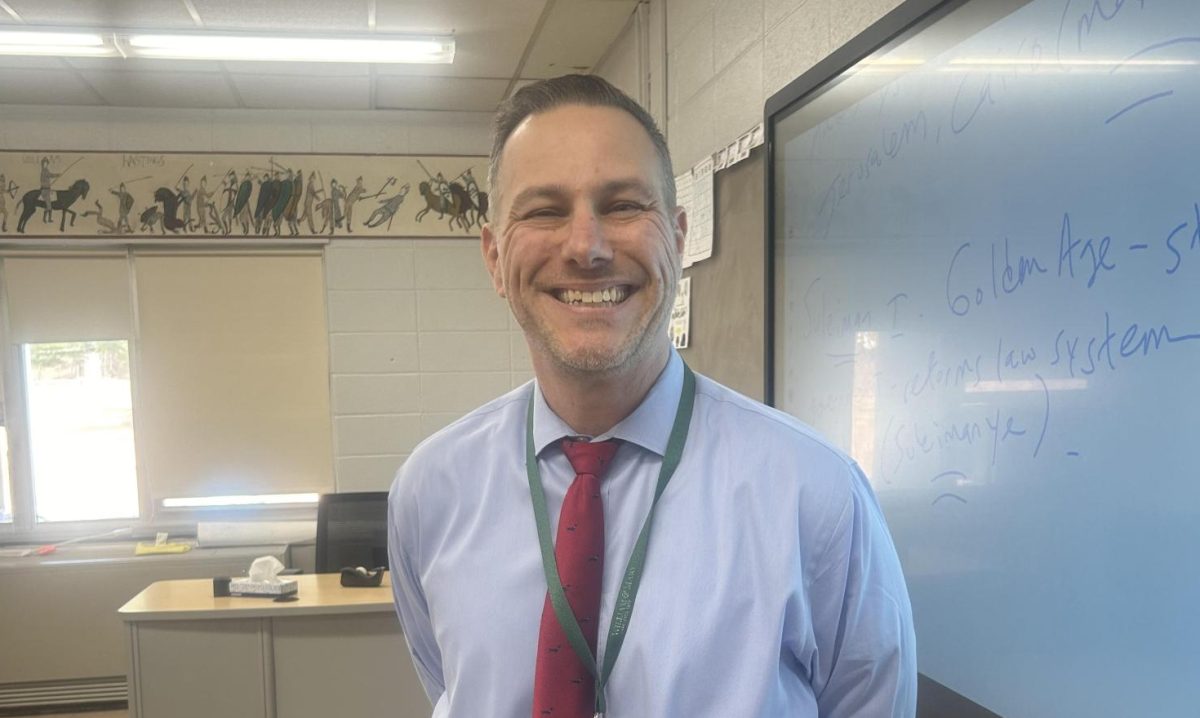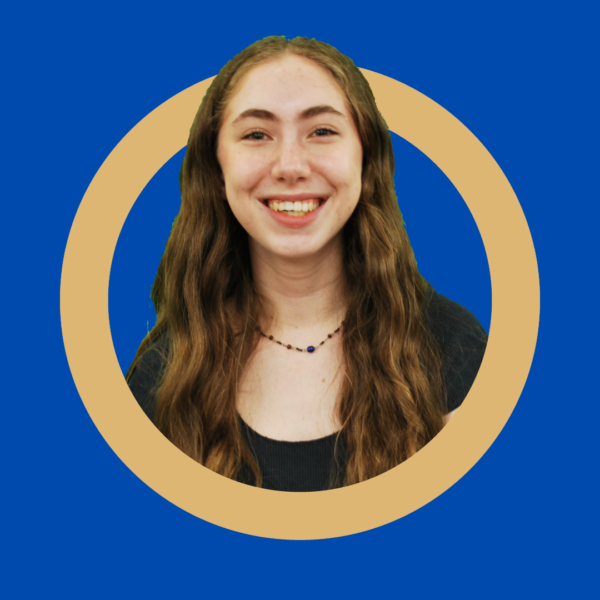Northport High School alumna Kristie Schmidt is an expert in college essay coaching and admissions guidance. A former AP English teacher with degrees from Smith College and Harvard University, as well as experience as a Fulbright Exchange teacher, Ms. Schmidt has taught students in creative writing, literature, and more. We spoke with her about her journey and her advice for students today.
If you were teleported to Northport High School right now, where would be the first place you would go and why?
I think for sure it would be the Music Wing. That is where my friends and I lived. It’s where I found my tribe. At that time, the schedule was built where the choir and band were class periods. So there were at least two classes a day that I was down in that wing. I didn’t take lunch in my schedule in order to make room for more of that kind of thing. And then, every night of the week, I was out at a rehearsal for either the jazz band, choir, symphonic winds, or the pit for the Powdered Wigs during that season for the musical. In the marching band, the parades were really fun. My recollection is just a group of incredible musicians at a high school level. And I know that when I began working in schools, I had tapes of the [Northport] choir, and I would play these mostly a cappella selections, and people would think they were college choirs. And I would say, “No, no, no. This is my high school choir.”
When you went to Northport, which teachers made a big impact on you?
At the high school, I would say in particular, definitely the music teachers. I remember at one point the orchestra teacher programmed a particular piece because it had a flute feature, and she knew I could do it. I remember at one rehearsal where she was asking me like, Do you think you could do it faster? Then we did it faster, and she’s like, could you go even faster? I learned a lot from her.
I would say another big influence on me was the English department. At that time, it was Bill Sequin who had gone to Amherst and sort of steered me toward applying to Smith – wisely, because that’s where I wound up going. And then also Ms. Collins, who taught American literature. She divided the semester into writers of color and women writers. That just opened a whole new world for me in terms of considering oppressed and marginalized voices. I carried both of those people with me as I went forward.
It’s crazy how one person can change everything. I try to keep that in mind with my teaching. For example, a former student of mine published a book a couple of years ago, and I’m in the foreword as a Thank You. That was amazing. I had purposely featured one of her pieces during school as an exemplar because I knew she was lacking confidence and she needed the boost. She wasn’t your typical AP student. I wanted her to know you belong here, you can write, you can do this. She said that day changed her life.
Did you envision becoming a teacher and writer in high school?
I really didn’t. At that time, I was steering away from teaching. In high school, I think I was still thinking about maybe law or psychology, which is weird because I don’t know where that came from at all. I wound up doing a psychology major and then taking some education courses. I was really into liberal arts, like exploring what I wanted to do. It wasn’t until I took a couple of writing courses that I thought, okay, maybe I can combine this. I did a teaching degree, and then once I started teaching, I really loved it, and it worked for me.
How has your time at Northport High School impacted your current career working with high school students?
I was not really a book-driven English teacher, which is common in English departments. I was very much a writing-driven English teacher with courses like creative writing and AP English Language and Composition. I had started writing as a kid in elementary school; I would make little books of my own. My teachers at Northport definitely solidified for me that I had some talent in this area and could do it.
Also, a couple of years ago, when my school was looking into becoming an IB school, my principal, without me even knowing, announced one day that we were going to go look at a school on Long Island that had an IB program up and running – Northport High School! At the time, David Storch was running the program. I graduated from Northport High School with David Storch, and when I came down to Northport to observe the IB Program, we met in the library, and David and I gave each other a big hug. It was amazing.
What advice do you have for high school students, given your career?
In my role as a college admissions and essay person, I would say that the college process feels incredibly personal. It’s hard not to take rejection personally, but in many ways, it’s not personal at all. There are institutional priorities that you have no idea are going on. These places are businesses, so they have a certain number of slots, and no matter what you do, those slots are not going to increase. They have a certain number of faculty and a capacity for providing certain classes within the schedule, so that is driving some of the decision-making.
My line was always, sometimes they just want a red-haired Russian oboe player, and no matter what you do, you’re not that. It’s hard to remember that because it feels like they’re judging you as a person, but sometimes it really doesn’t have anything to do with that.
Do you have anything that you would say to your high school self?
Be interested in the world enough so that you can figure out what’s out there for you, and that you don’t have to follow these specific tracks. Even within teaching, I have changed a number of times to keep myself challenged. I started with elementary school, then I moved to language arts in a middle school, then I moved to English in a high school, then I did the AP class, then I did IB. It was constant change, and that was partly for my intellectual development to keep myself challenged and interested. So be open along the way.

